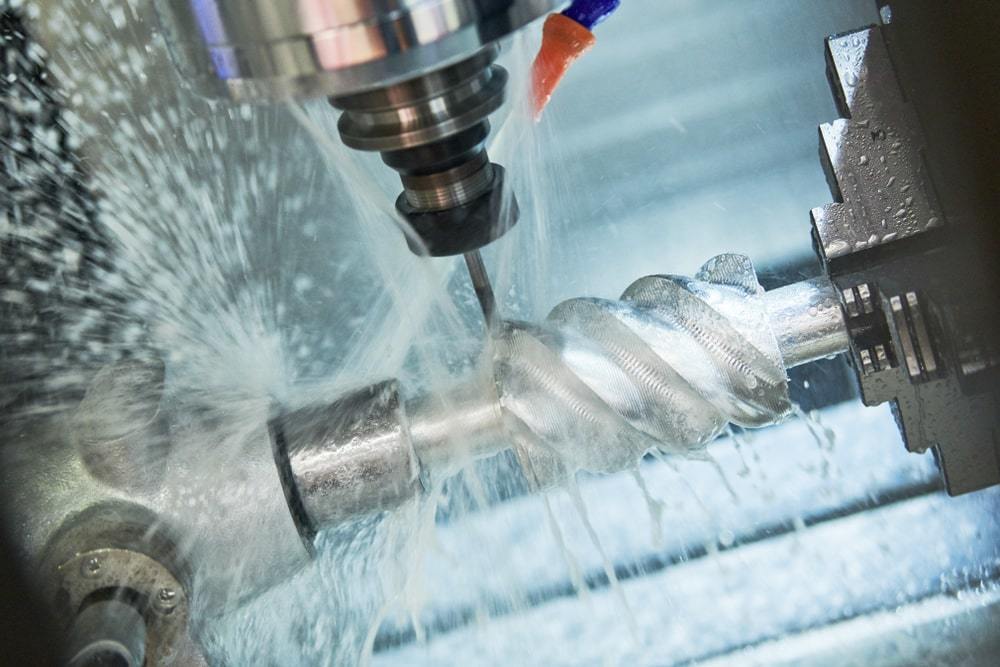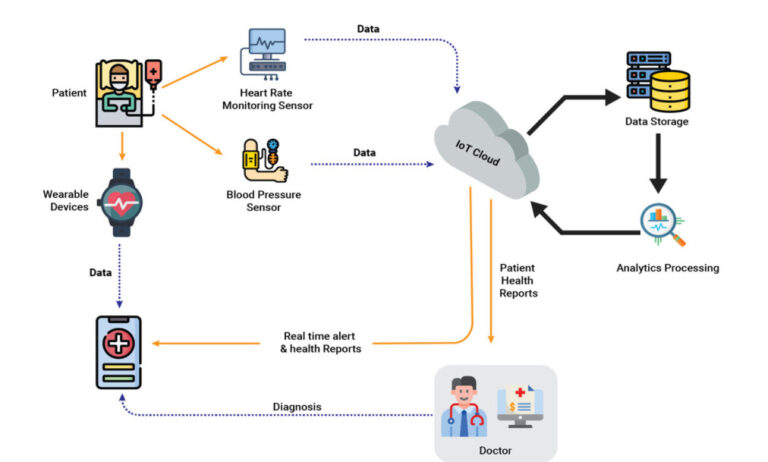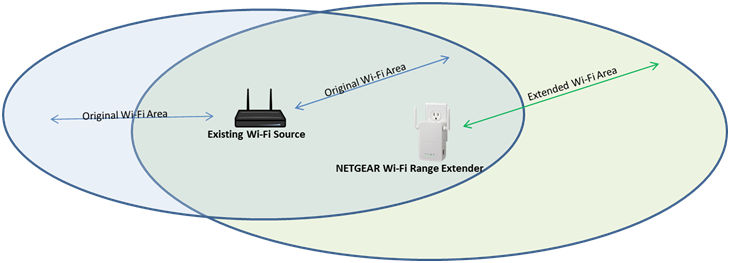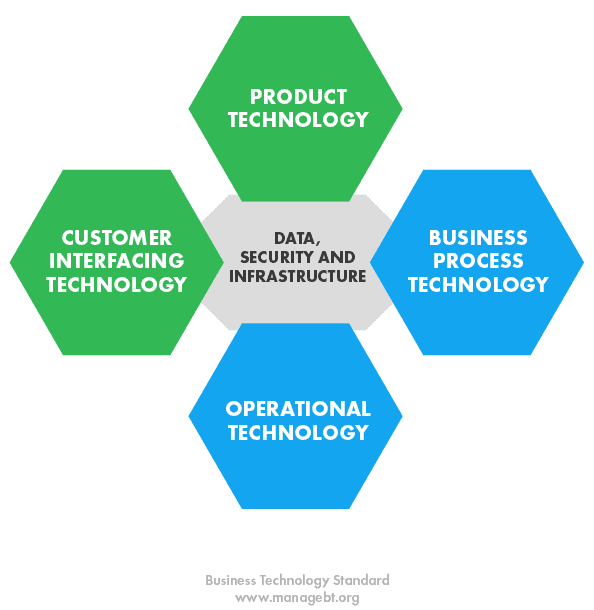What Is The Significance Of CNC Manufacturing Today?
CNC (Computer Numerical Control) manufacturing is considered one of the most important advances in modern manufacturing. It is a process that uses computer-controlled tools to produce parts, components, and products with very high precision. CNC manufacturing is used in many industries such as aerospace, automotive, medical, and electronics. CNC machines are used to create parts with complex shapes and sizes that would be difficult to achieve with traditional manufacturing methods. Today, CNC manufacturing has become increasingly important because it allows for faster production with high accuracy and precision. CNC machining also allows for more flexibility when it comes to production, as it can be used to produce both short run and large volume parts with relative ease. Additionally, CNC machines can be programmed to create parts with intricate details, giving them a competitive edge over traditional manufacturing methods. In short, CNC manufacturing is an invaluable tool for modern manufacturers, allowing them to produce parts quickly and with high precision.
Definition of CNC Manufacturing
CNC Manufacturing is a process of fabricating parts and components using computer numerical control (CNC) machines. This automated process uses a computer program that controls the movements of the machine, which in turn produces precise parts or components with a high level of accuracy and consistency. CNC Manufacturing processes can be used for a variety of materials including metal, wood, plastic, and composites. This highly efficient and cost-effective method is used to create a wide range of products, from medical implants to car parts. With CNC Manufacturing, parts can be produced to exact specifications with less waste, faster turnaround, and improved quality.
History of CNC Manufacturing
CNC (Computer Numerical Control) manufacturing has been around since the early 1950s and has revolutionized the manufacturing industry. CNC machines are automated machines that are programmed to perform specific tasks. This technology allows for highly precise and complex parts to be made with minimal human interference. CNC manufacturing is used to create a wide variety of products from medical devices to aerospace parts, and is even used in art and architecture. CNC machines have allowed for more efficient and cost-effective production of components and products, and have enabled manufacturers to produce complex shapes and designs that would not be possible with traditional methods. The history of CNC manufacturing is a fascinating one, and has allowed for many advancements in the manufacturing industry.
Benefits of CNC Manufacturing
CNC Manufacturing has revolutionized the way in which products are made. From rapid prototyping to full-scale production, CNC technology is an invaluable tool in the manufacturing industry. CNC machines are capable of creating precise, detailed parts, while also providing high levels of accuracy and repeatability. This makes CNC Manufacturing more efficient, cost-effective, and reliable than traditional manufacturing methods. CNC Manufacturing offers a range of benefits, such as improved process control, shorter lead times, greater design flexibility, and improved part quality. Additionally, CNC machines can be programmed to produce multiple parts simultaneously, enabling manufacturers to achieve greater production throughput. With CNC Manufacturing, businesses can produce intricate, complex parts quickly and cost-effectively, resulting in increased profits and improved customer satisfaction.

Challenges Associated With CNC Manufacturing
CNC manufacturing has revolutionized the manufacturing industry. It allows for precision and cost-effective production of a variety of products, from small parts to larger ones. However, CNC manufacturing is not without its challenges. One of the main challenges is programming errors. When programming a CNC machine, it is important to be precise, as a mistake can be expensive and time-consuming to fix. Additionally, CNC machines require regular maintenance to ensure they are running correctly and efficiently. Finally, it is important to have the right tools and materials to get the best results from CNC manufacturing. With the right preparation and maintenance, CNC manufacturing can be a reliable and cost-effective way of producing products.
Applications of CNC Manufacturing
CNC manufacturing is a process of producing high-precision parts and components through computer numerical control (CNC) machines. It is an automated manufacturing process that relies on computer-controlled cutting tools to accurately create parts from various materials such as metals, plastics, and composites. CNC manufacturing is used in a variety of industries, from aerospace to manufacturing medical equipment. It is versatile and can be used for a variety of applications, ranging from prototyping and small-scale production to larger-scale production. CNC manufacturing is highly accurate, resulting in higher quality parts and components that are more cost effective. It also reduces production time and labor costs, making it an attractive option for many manufacturing companies. CNC manufacturing has revolutionized the way parts and components are manufactured, allowing companies to create precise, high-quality parts quickly and efficiently.
Future of CNC Manufacturing
The future of CNC Manufacturing is an exciting one. As technology advances, CNC Manufacturing is becoming more automated and efficient, allowing companies to produce higher quality products with greater accuracy and speed. With the emergence of 3D printing, CNC Manufacturing is able to produce complex and intricate parts with greater accuracy and speed than ever before. This technology is also being used to create parts that have traditionally been difficult to machine, such as organic shapes and parts with complex internal geometries. As CNC Manufacturing continues to evolve, we can expect to see more materials and manufacturing techniques being used, leading to faster, more accurate, and cost-effective production.
FAQs About the What Is The Significance Of CNC Manufacturing Today?
1. What advantages does CNC manufacturing provide over traditional manufacturing processes?
A: CNC manufacturing offers a number of advantages over traditional manufacturing processes, including increased precision, repeatability, improved efficiency, and cost savings. CNC machines can also be programmed to produce complex parts with multiple shapes, sizes, and features more quickly and accurately than manual processes.
2. Does CNC manufacturing require a lot of maintenance?
A: CNC machines require regular maintenance and care to remain in optimal operating condition. However, the maintenance requirements are typically much less than those of manual manufacturing processes, making CNC manufacturing a more cost-effective and time-saving solution.
3. What types of materials can be used in CNC manufacturing?
A: CNC manufacturing processes are capable of working with a variety of materials, including metals, plastics, composites, and wood. The type of material used will depend on the specific application and the desired outcome.
Conclusion
CNC Manufacturing is an important tool for mass production of parts and components across a wide variety of industries. It is an efficient and cost-effective way to create parts and components with a high level of precision. It can be used to create complex shapes, such as those used in aerospace and medical applications. CNC Manufacturing is also used for the creation of custom parts and components, such as those used in automotive, consumer electronics, and agriculture. CNC Manufacturing is a critical component of modern manufacturing, and its importance will only continue to grow in the future.




